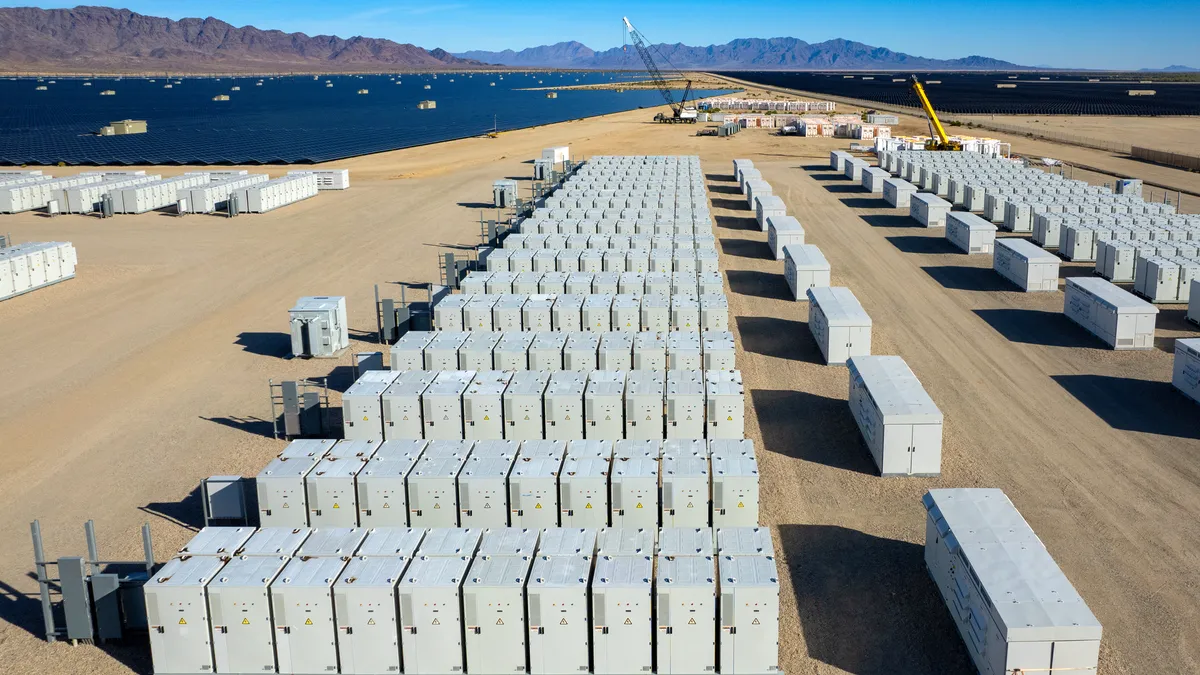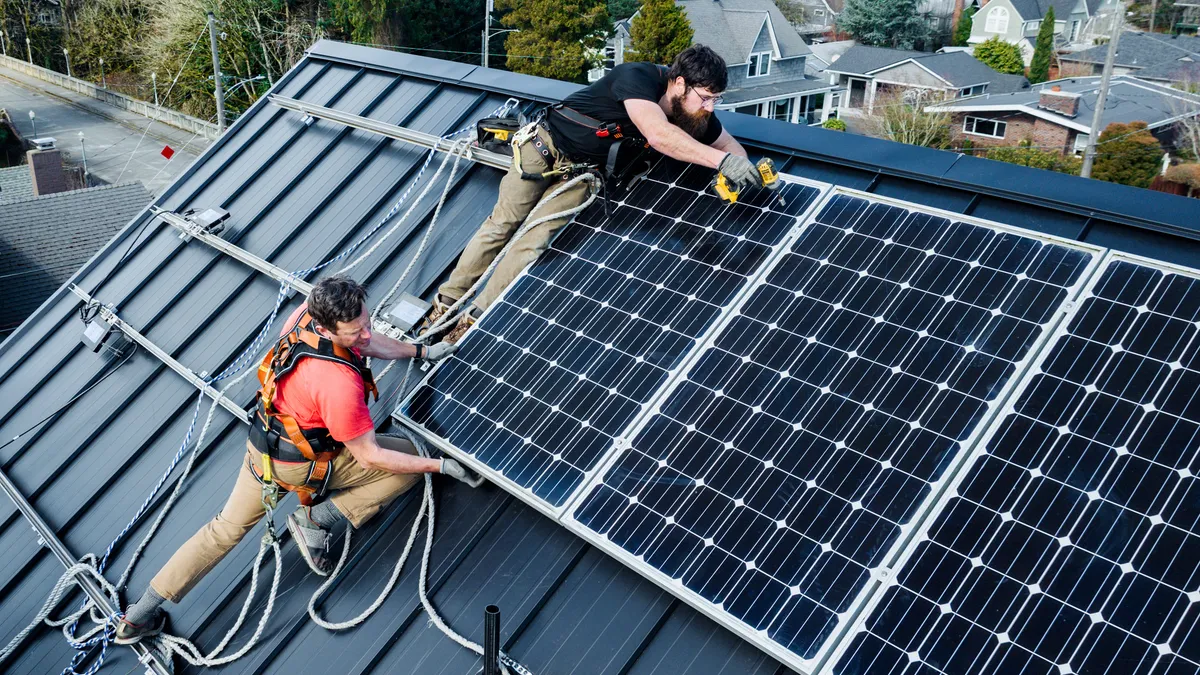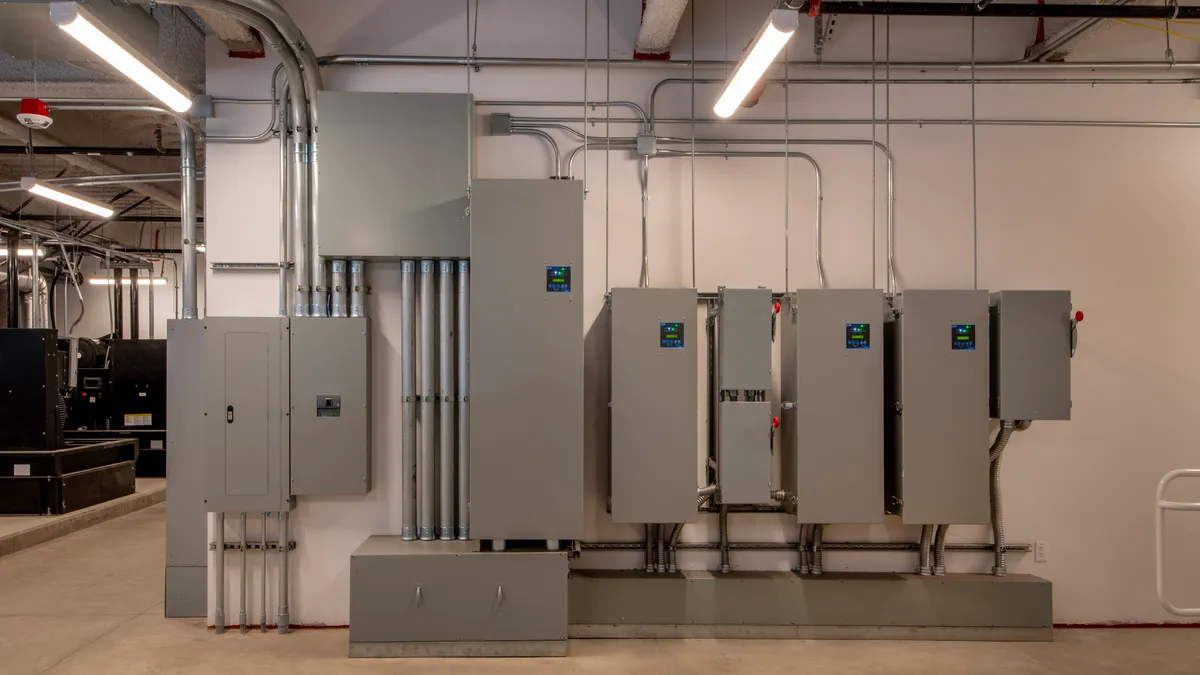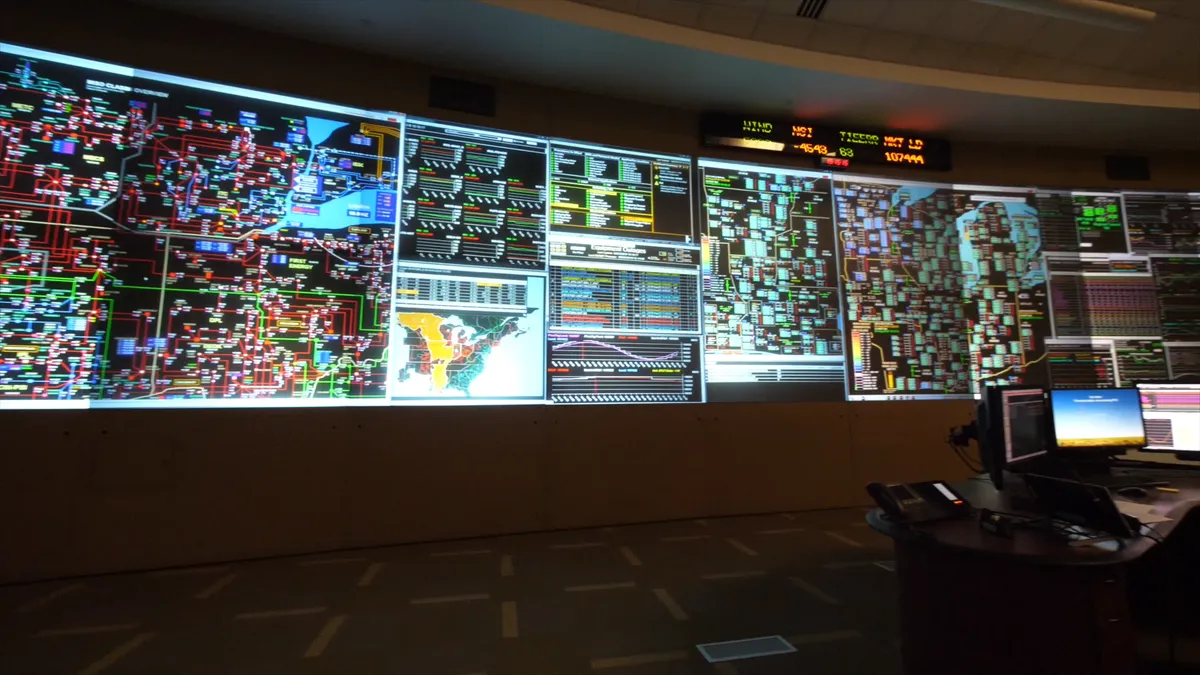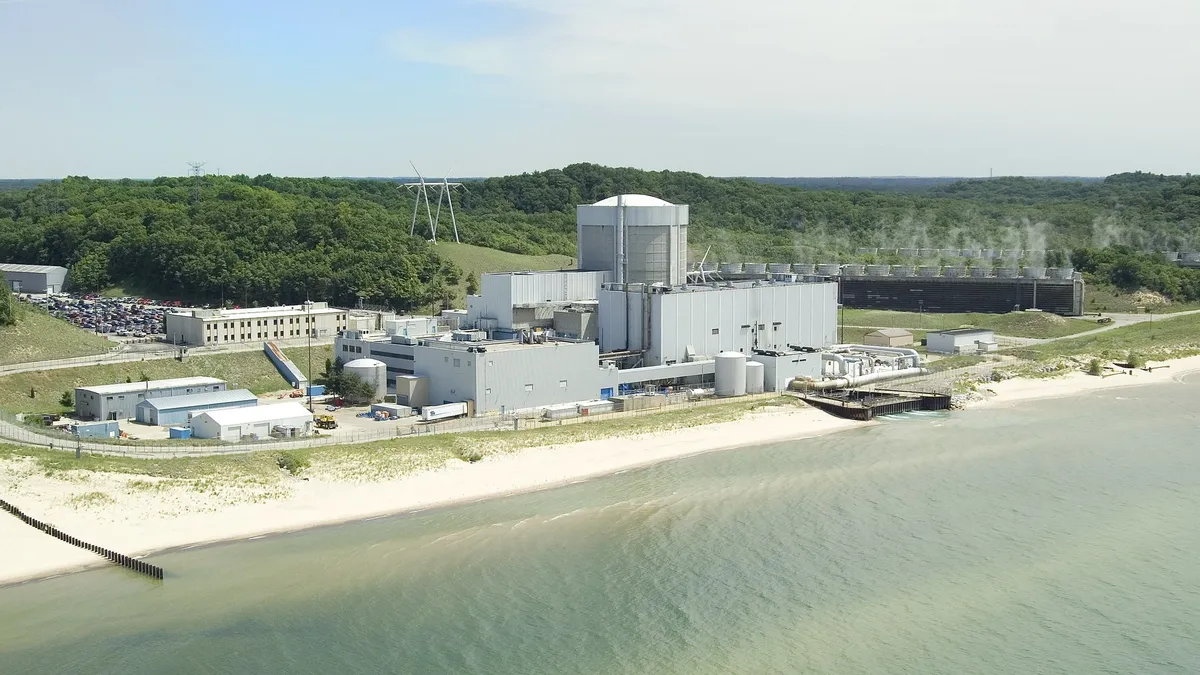Dive Brief:
- NextEra Energy and Hawaiian Electric terminated their plans to merge following rejection of an aquisition application by the Hawaii Public Utilities Commission (PUC) last week, the companies announced July 18.
- In a 2-0 vote, the PUC rejected NextEra Energy's proposed $4.3 billion takeover of Hawaiian Electric Industries in an order issued on Friday, saying the merger was not in the public interest and that the companies failed to demonstrate adequate benefits for residents and a commitment to Hawaii's clean energy goals, among other concerns.
- The ruling leaves the door open for future merger applications, saying it it does not mean that the commission is ruling out a change in control of the Hawaiian Electric companies. Regulators also outlined stipulations for any future merger or acquisition proposal.
Dive Insight:
Hawaii PUC's decision to reject the HEI-NextEra merger may not surprise longtime observers of the merger proceeding, given the widespread opposition to the deal in Hawaii. But nearly two years after the merger was first proposed in December 2014, the rejection represents a turning point for both companies.
The PUC's decision comes amid turmoil at the regulatory body over the recent appointment of a new commissioner to replace Michael Champley. At the end of last month, Gov. David Ige (D) named Thomas Gorak, chief counsel to the Hawaii PUC, to replace Champley, whose term ended on June 30. Gorak abstained from voting, but said he supported the decision.
A recent anonymous report questioned Gorak's tenure as chief counsel and revealed details about regulatory infighting on the NextEra-HECO decision and other dockets. While PUC Chair dismissed the complaint as a "smear," Ige's decision to replace Champley, a supporter of the NextEra-HECO merger, may have tilted the commission's balance just as it was preparing to issue a decision.
While Ige previously said he was unaware of the PUC deliberations, he has been a staunch critic of the deal.
From the beginning, NextEra struggled to win support for its merger plan.
Many intervenors worried the merger's approval would raise electricity rates in the state, already the highest in the nation. Concerns over NextEra's track record with renewables at its regulated utility Florida Light & Power caused some stakeholders to argue that the merger would not help Hawaii meet its 100%-renewables-by-2045 mandate.
NextEra promised lower rates after the merger, but most Hawaii residents believed the opposite would be true if the deal went through, according to a February poll by Honolulu Civil Beat. Those polled were split on whether the deal would impede Hawaii’s move to 100% renewables by 2045, with 39% saying it would slow down progress and 35% expecting renewables growth to be unaffected.
Intervenors were even more skeptical of the deal. Of the dozens of parties involved in the proceeding, only the local electrical workers union and the Hawaii Department of Defense supported the deal.
In the immediate aftermath of the decision, it was unclear how the companies planned to proceed. In other utility mergers, like the Exelon-Pepco deal in Washington, companies have won approval from regulators once making changes to their acquistion applications.
But that won't happen in Hawaii. NextEra and Hawaiian Electric announced their termination of the deal Monday morning, saying NextEra will pay a $90 million break-up fee and up to $5 million for reimbursement of expenses associated with the transaction.
The PUC left the door open to future merger applications, outlining the conditions upon which the deal could be approved. A statement from the governor's office also suggested the possibility of a future merger.
"This ruling gives us a chance to reset and refocus on our goal of achieving 100% renewable energy by 2045. The proceeding helped define the characteristics and parameters of Hawaii’s preferred energy future. We look forward to creating a process to find the best partner in the world," Ige said. "No matter who owns the company, the energy vision for Hawai‘i remains very clear – 100 percent renewable energy with a transformation to a customer-centered utility focusing on smart meters, smart grid, distributed local solutions, and as much consumer choice as possible."
Media reports emerged in the lead-up to the decision that NextEra may have been cooling off its pursuit of the deal, instead eyeing a bid for Texas utility Oncor. Other reports have suggested possible interest in Hawaiian Electric from Warren Buffett's Berkshire Hathaway Energy, which also just reportedly bid for Oncor.
NextEra already owns Florida Power & Light, the largest regulated electric utility in Florida, and NextEra Energy Resources, one of the biggest renewable developers in the U.S. Hawaiian Electric had previously been described by HEI CEO Connie Lau as NextEra's "snack" on the way to a buffet of regulated utilities that it wants to acquire.
The acquisition of HEI offered NextEra Energy an intriguing and immeasurable benefit: the opportunity to use Hawaiian Electric as a guinea pig to solve the challenges caused by high levels of renewable and distributed energy resources—well before they hit the mainland. Those are challenges many utilities are only starting to deal with across the continental U.S., but only Hawaiian Electric—and perhaps California's investor-owned utilities—are experiencing in real-time.
The deal comes at a time when the U.S. electric utility industry has been seeing a lot of merger activity in the last few years, with the broad trend of change driving many of those acquisitions. That's because the U.S. has a friendly regulatory regime allowing for steady returns and safe investment, PwC's Jeremy Fago, who leads the firm's power and utilities deals segment, recently told Utility Dive.
“The U.S. is ripe for opportunity, given the massive changes we're seeing in the country. Changes are happening and the opportunities are on the back end to deploy capital to really meet the infrastructure changeovers that are necessary in this country,” he said.
Hawaii is at the forefront of those changes, often described in the power sector as being a "postcard from the future." It is one of the only places in the U.S. where rooftop solar and energy storage are already economical for many consumers at the residential level. Rooftop solar penetration in Hawaiian Electric's service territory is already well over 10%—the feared tipping point at which many in the industry believe utilities will start to see truly significant grid integration and business model challenges.
This post has been updated to reflect the termination of the NextEra-Hawaiian Electric merger.








